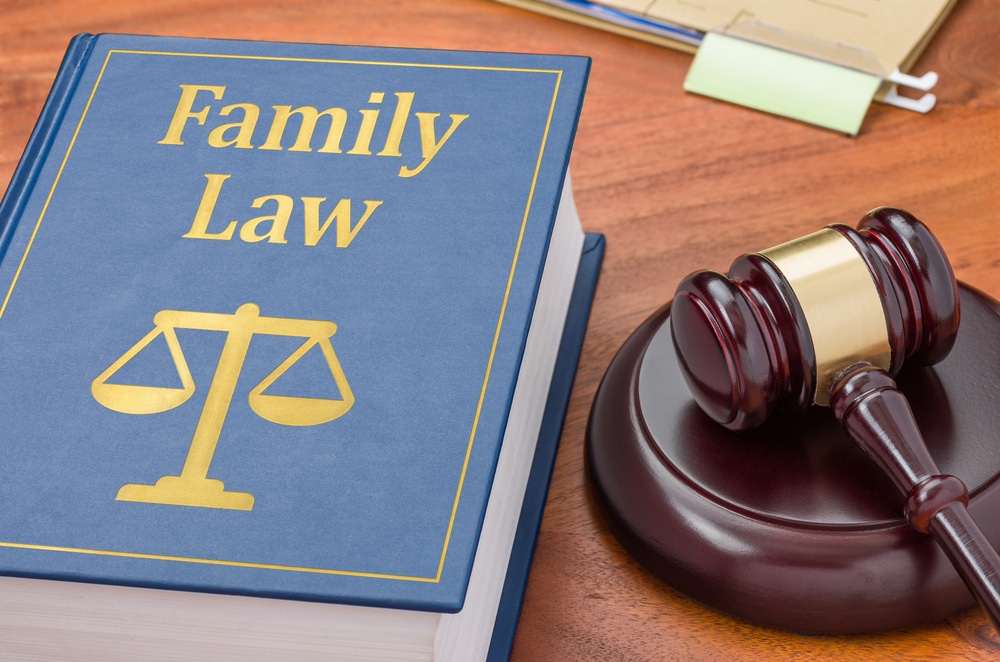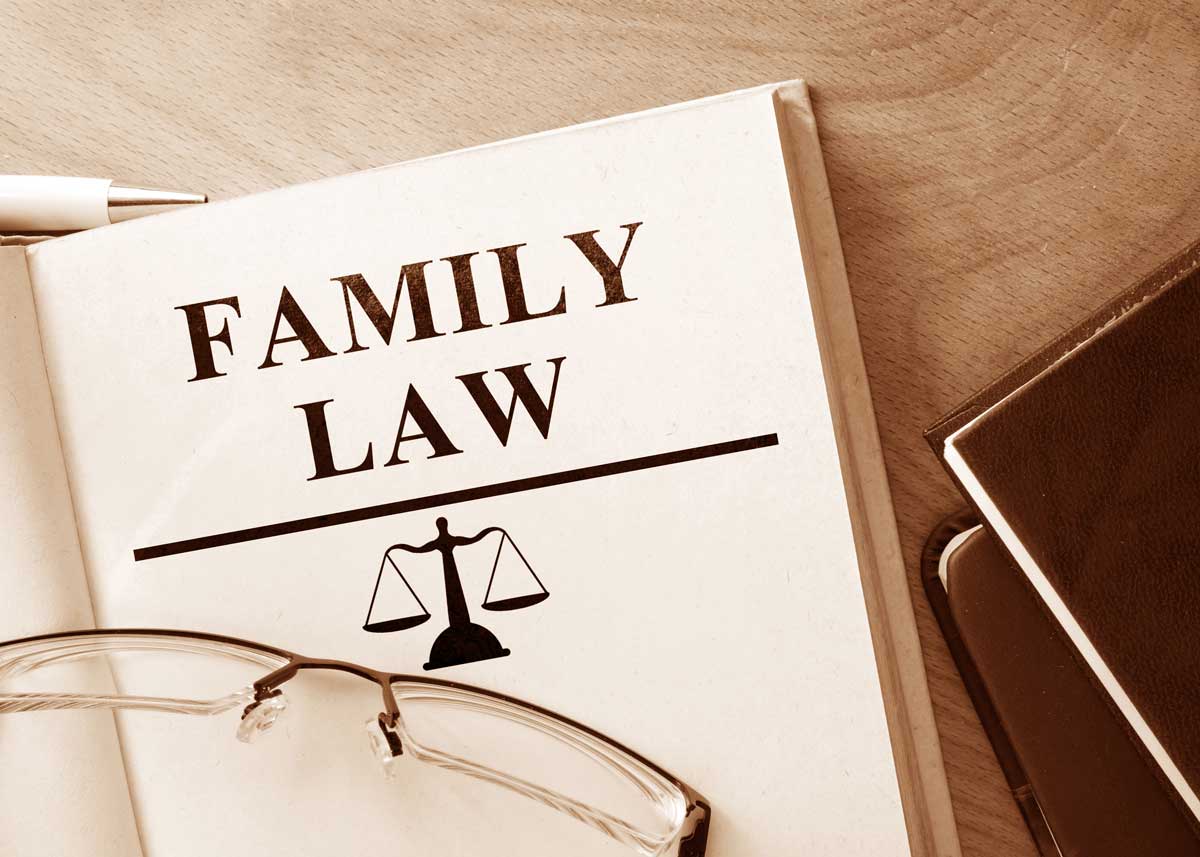Family law is a complex area of legal practice that deals with matters such as divorce, child custody, property settlements, and domestic violence. In Brisbane, numerous family law services are available to assist individuals and families in navigating these challenging situations. Understanding what to expect from these services and how to prepare for them can significantly ease the process. This guide aims to provide comprehensive insights into Brisbane family law services, including the types of services available, the legal processes involved, and practical tips for preparation.
Types of Family Law Services in Brisbane
1. Legal Advice and Consultation
One of the primary services offered by Brisbane family law practitioners is legal advice. This initial consultation is crucial for individuals seeking clarity on their rights and obligations. During this meeting, a family lawyer will assess your situation, explain the relevant laws, and outline potential courses of action. It is advisable to prepare a list of questions and relevant documents to make the most of this consultation.
Legal advice can cover various issues, including divorce proceedings, child custody arrangements, and property disputes. A qualified family lawyer can provide tailored guidance based on your unique circumstances, helping you understand the implications of different decisions.
2. Mediation Services
Mediation is an alternative dispute resolution process that many family law services in Brisbane offer. This approach allows parties to negotiate and resolve their differences amicably, often reducing the need for court intervention. Mediators are trained professionals who facilitate discussions between parties, helping them reach mutually agreeable solutions.
Engaging in mediation can be beneficial for several reasons. It is generally less costly and time-consuming than litigation, and it allows for more control over the outcome. Additionally, mediation can help preserve relationships, which is particularly important in cases involving children.
3. Representation in Court
If mediation fails or is not appropriate for your situation, family law services in Brisbane can represent you in court. This includes preparing legal documents, presenting your case, and advocating on your behalf during hearings. Experienced family lawyers understand the intricacies of court procedures and can navigate the legal system effectively.
Representation is crucial in cases involving complex issues such as high-value property settlements or contentious child custody disputes. A skilled lawyer will ensure that your interests are protected and that you receive a fair hearing.
Understanding the Legal Processes
1. Divorce Proceedings
The process of obtaining a divorce in Australia is governed by the Family Law Act 1975. To file for divorce, one must demonstrate that the marriage has irretrievably broken down, which is typically evidenced by a separation period of at least 12 months. The application can be filed online or in person at the Family Court.
Once the application is submitted, a court hearing will be scheduled. If there are children involved, the court will require evidence that arrangements for their care and welfare have been made. It is essential to have legal representation during this process to ensure compliance with all legal requirements and to address any disputes that may arise.
2. Child Custody Arrangements
Child custody, or parenting arrangements, is often one of the most contentious issues in family law. The Family Law Act prioritises the best interests of the child, guiding decisions regarding custody and visitation. Parents can negotiate arrangements privately, or they may require mediation or court intervention if an agreement cannot be reached.

When determining custody, the court considers various factors, including the child’s age, their relationship with each parent, and any history of family violence. It is crucial to approach these discussions with a focus on the child’s welfare, and having a lawyer can help navigate this sensitive area effectively. Learn more about what is Family Law? a beginner’s guide to legal matt.
3. Property Settlements
Property settlements involve the division of assets and liabilities following a separation or divorce. The process begins with identifying and valuing all assets, including real estate, bank accounts, and superannuation. Once the assets are identified, the next step is to determine how they will be divided fairly.
Factors influencing property settlements include the length of the relationship, the financial and non-financial contributions of each party, and the future needs of both parties. Legal representation is vital in these negotiations to ensure a fair outcome and to protect your rights throughout the process.
Preparing for Family Law Services
1. Gather Relevant Documentation
Preparation is key when engaging with family law services. Begin by gathering all relevant documentation that may be required for your case. This includes marriage certificates, financial statements, property deeds, and any correspondence related to your situation. Having these documents organised will facilitate a smoother consultation and help your lawyer understand your case more thoroughly.
Additionally, if children are involved, gather any records related to their education, health, and welfare. This information can be crucial in custody discussions and will assist your lawyer in advocating for the best interests of your children.
2. Understand Your Rights and Obligations
Before engaging with family law services, it is beneficial to educate yourself about your rights and obligations under Australian family law. Familiarise yourself with the Family Law Act and consider seeking preliminary advice from a lawyer or reputable online resources. Understanding the legal framework will empower you to make informed decisions and engage more effectively with your legal representative.
Being aware of your rights can also help you identify any unfair practices or behaviours from your former partner, ensuring that you are adequately protected throughout the process.
3. Consider Emotional Support
Family law matters can be emotionally taxing, and it is essential to consider your mental health and well-being during this time. Engaging with a family lawyer is just one aspect of the support you may need. Consider seeking counselling or support groups to help you cope with the emotional challenges that often accompany family disputes.
Having a strong support network, whether through friends, family, or professional services, can provide the emotional resilience needed to navigate the complexities of family law. Remember that you are not alone in this process, and there are resources available to help you through it.

Conclusion
Brisbane family law services offer a range of support options for individuals facing family disputes. Understanding the types of services available, the legal processes involved, and how to prepare can significantly impact the outcome of your situation. Whether you require legal advice, mediation, or representation in court, engaging with experienced family law practitioners can provide the guidance and support necessary to navigate these challenging times effectively.
By taking proactive steps to prepare and educate yourself, you can approach family law matters with confidence, ensuring that your rights and the best interests of your family are protected throughout the process.

